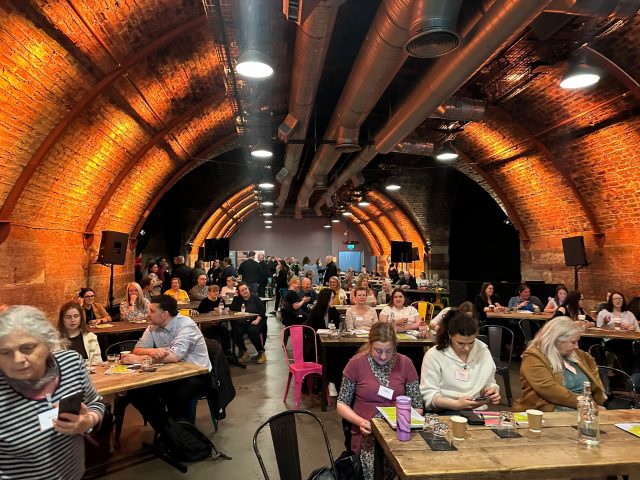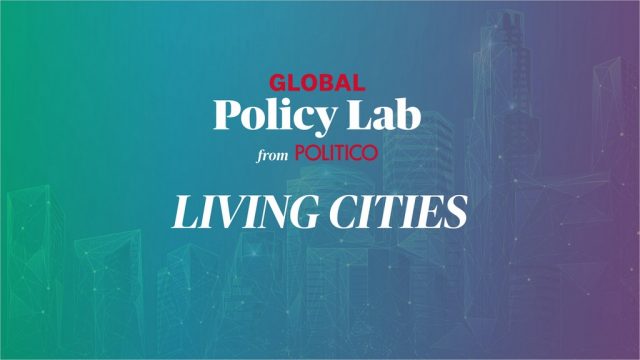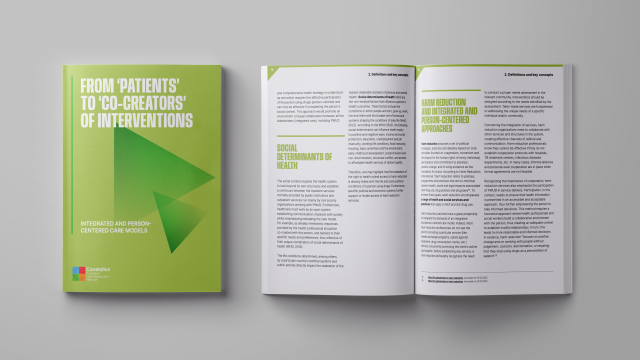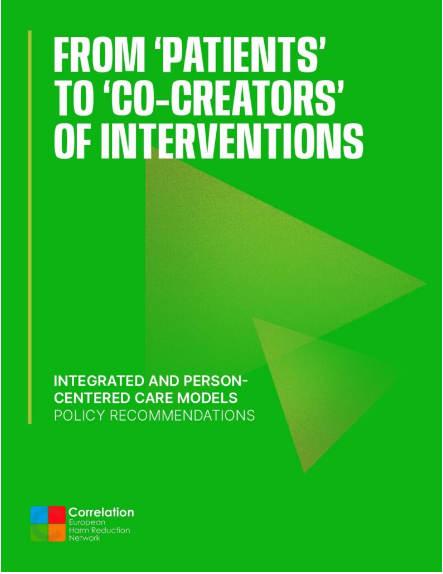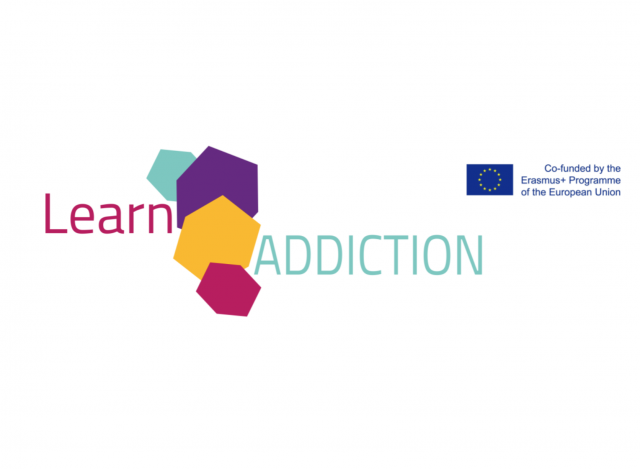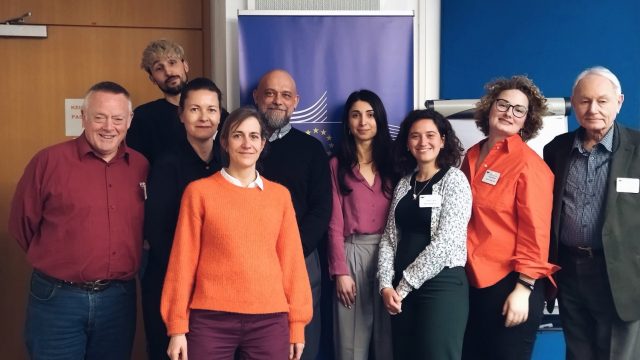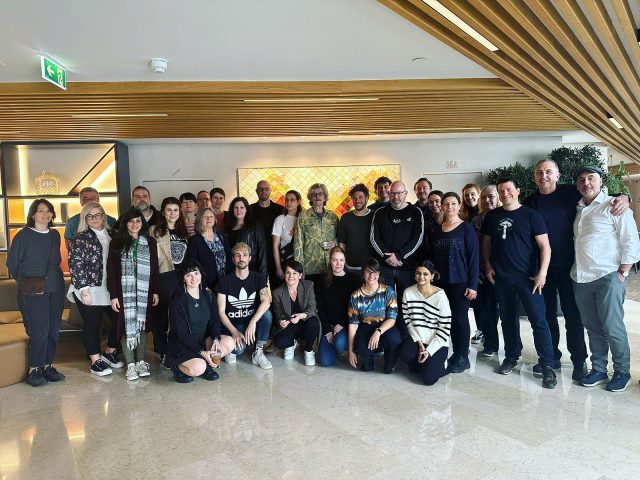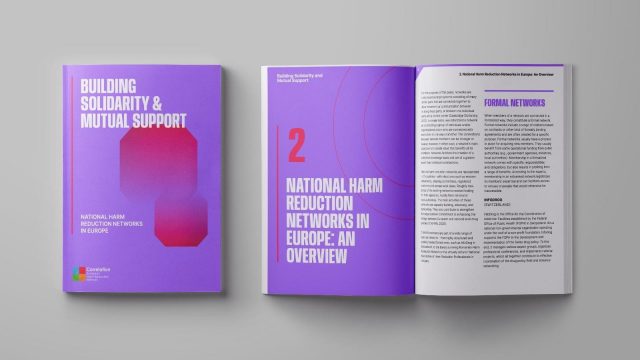On 20th and 21st April 2023, delegates from the six organisations from six EU countries participating in the second phase of the ‘Learn Addiction’ project met in Berlin.
In this second phase of the ‘Learn Addiction’ project (February 2022 – January 2024), the six participating organisations are developing a e-learning module on ChemSex. This was decided based on the results from the European survey that the project partners carried out in 2021 to identify new training needs among drug professionals in the EU. 727 professionals from 24 countries participated in the survey and 48% asked for training on ChemSex.
During the meeting in Berlin, the delegates from the six partner organisations evaluated the feedback from addiction professionals from six EU countries who have been testing, during the last months, the first version of the online course on ChemSex. Based on their feedback, the project partners will implement the necessary improvements before the final publication of the new e-learning module on ChemSex, in December 2023, in seven languages (English, Spanish, Slovenian, Portuguese, Dutch, German and Czech) at www.learnaddiction.eu.
This second phase of the project ‘Learn Addiction’ is an initiative of UNAD -The Spanish Network of Addiction Organisations – in collaboration with: UTRIP -Institute for Research and Development- (Slovenia), DIANOVA (Portugal), SANANIM (Czech Republic), De Regenboog Groep (The Netherlands), and DAH -The German AIDS Service Organisation- (Germany). The project is co-funded by the Erasmus+ Programme of the European Union.
__________________
The ‘Learn Addiction’ project is co-funded by the Erasmus+ Programme of the European Union. The content of this press release is the sole responsibility of the project partners.
For further information on the ‘Learn Addiction’ project, please, contact us at info@learnaddiction.eu.
Find out more at www.learnaddiction.eu and follow us on:
Twitter: @AddictionLearn
Facebook: @LearnAddictionProject

